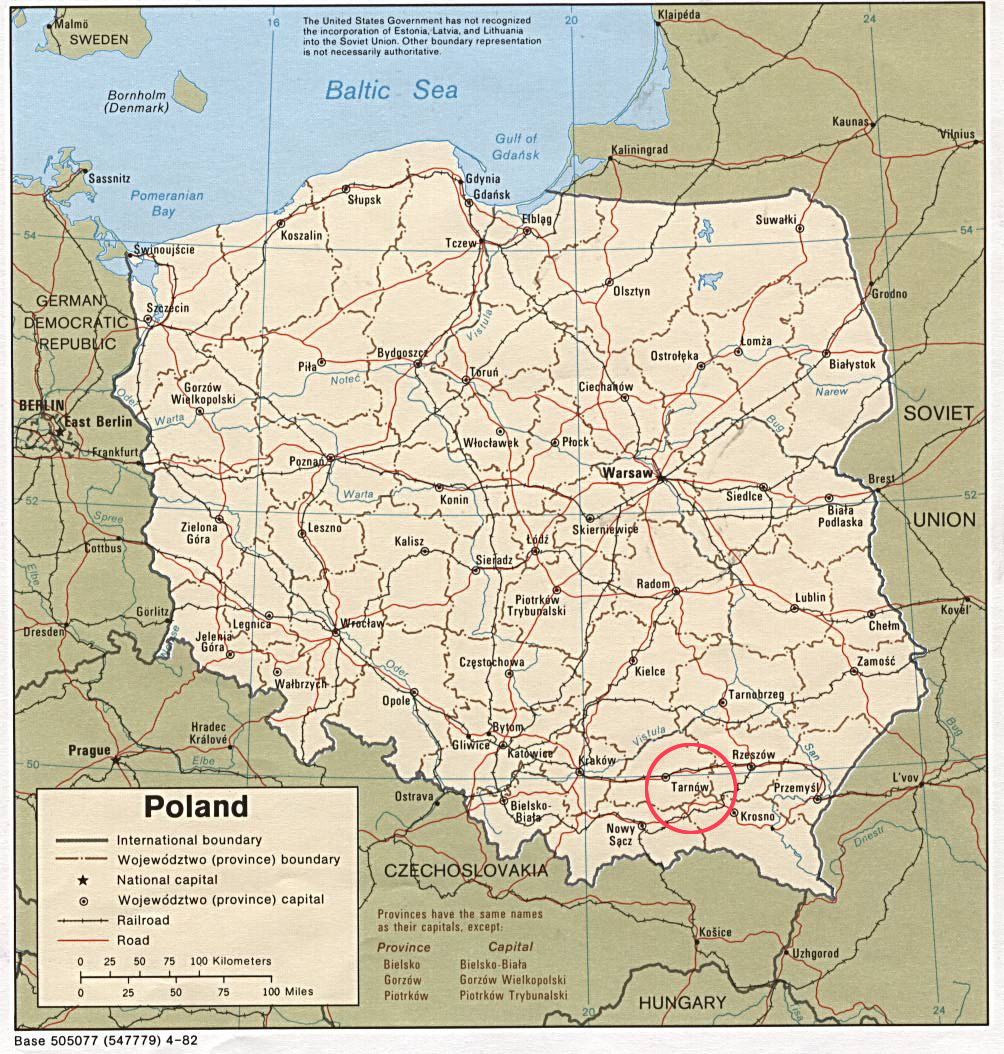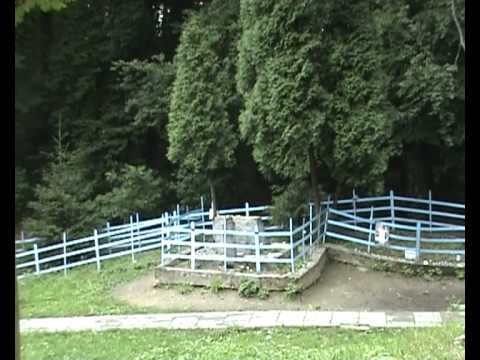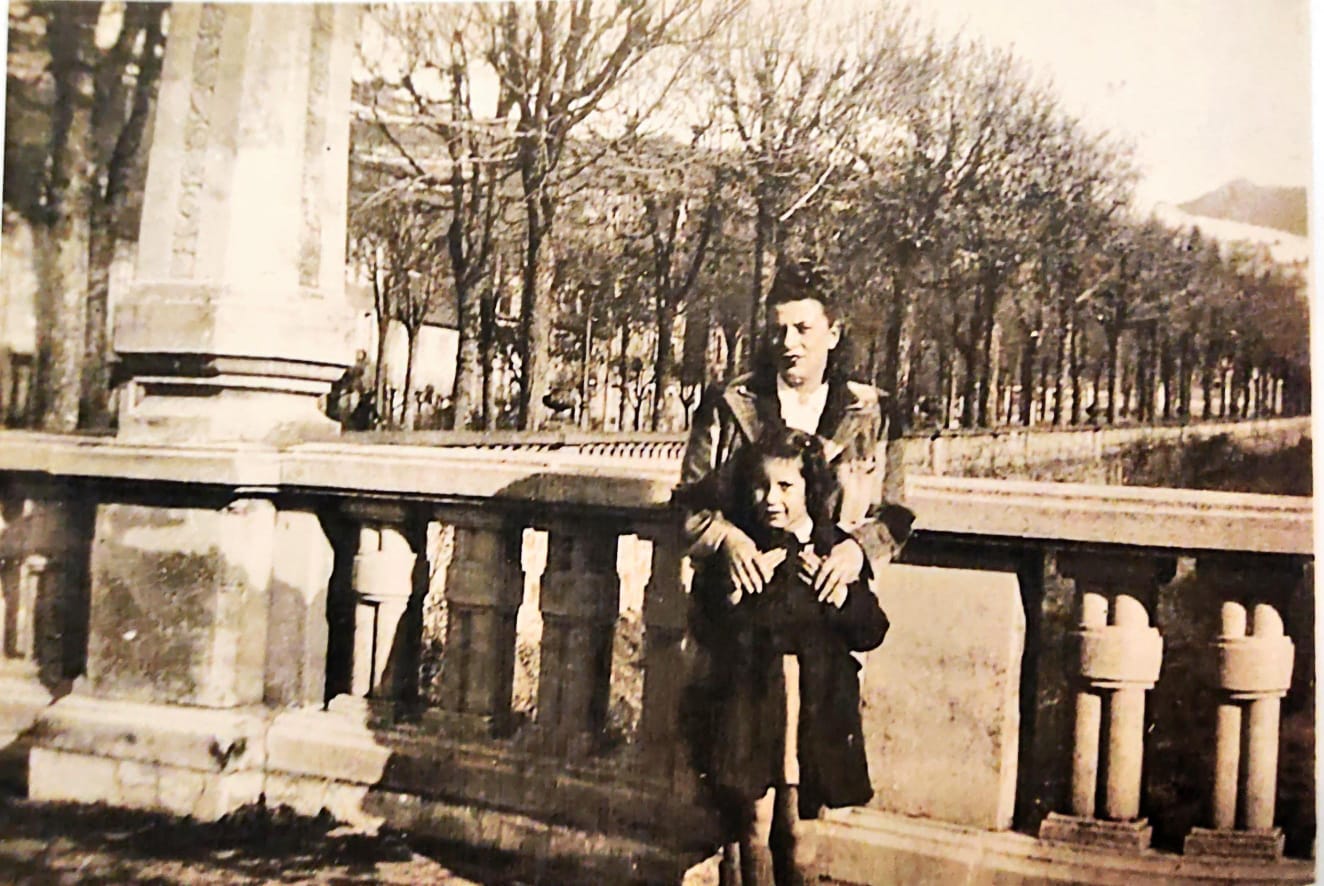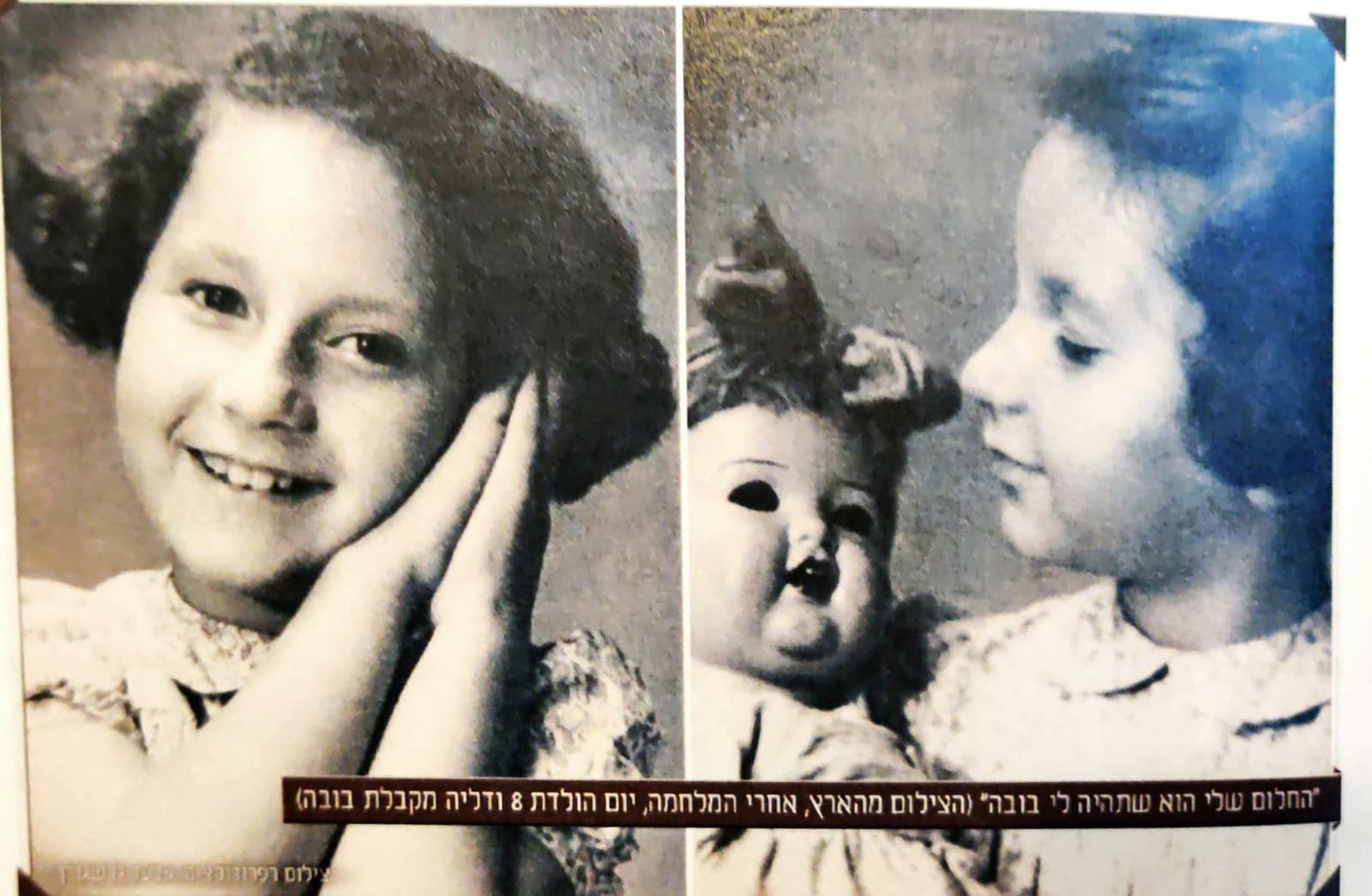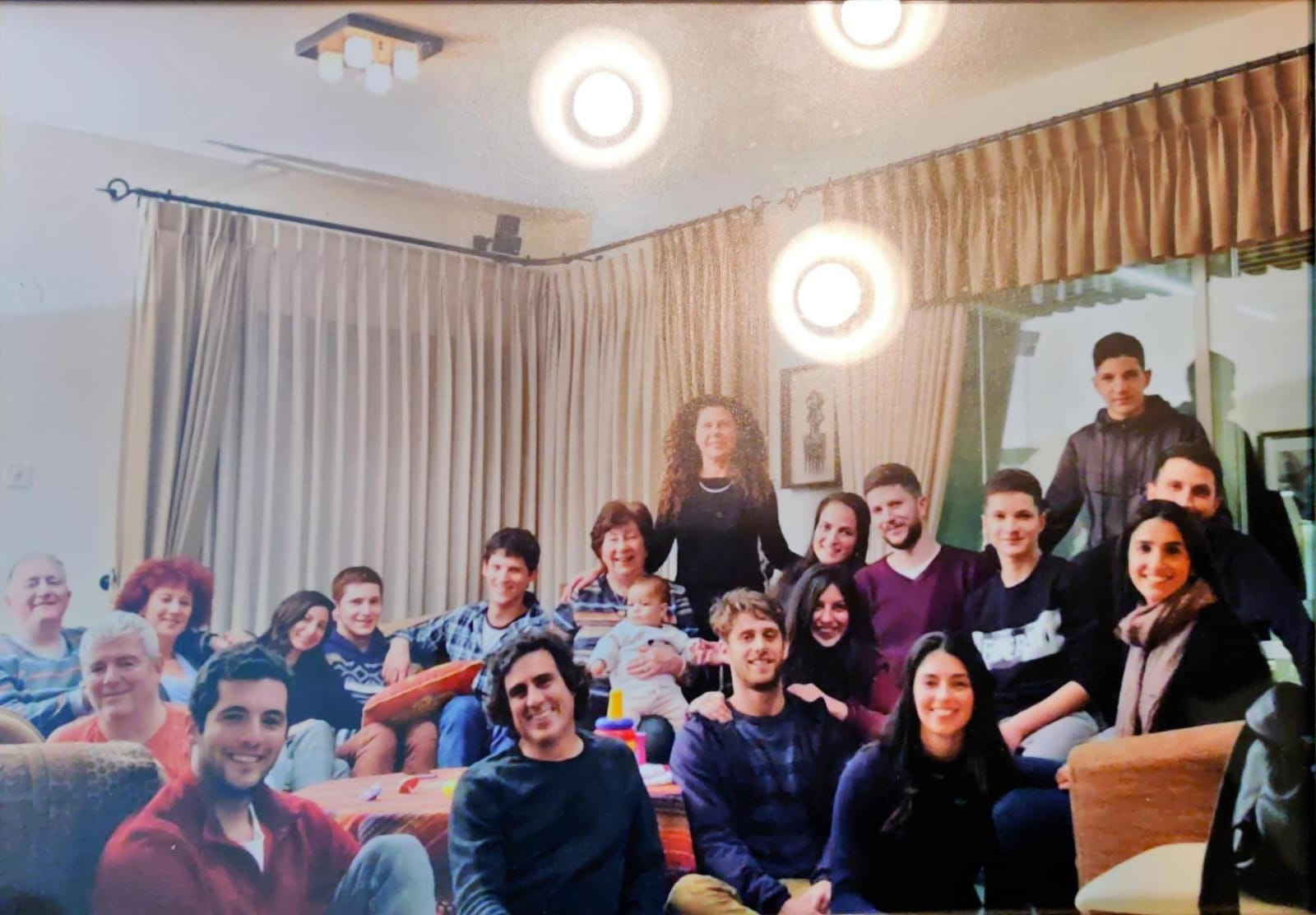Dalia Gavish was born in Haifa in 1937 to Rachel and Avraham Gavish, who had immigrated to Palestine-the Land of Israel from Poland during the Fifth Aliyah (1931-1939). Both her parents were natives of Tarnow, Poland. They were the only members of their extended families who immigrated to Eretz Israel; most of the rest of their relatives remained in Poland.
After Dalia was born, her mother's family wanted very much to meet the new baby. Rachel and Avraham debated at length about what to do but finally, in the middle of 1939, when Dalia was only 18 months old, Rachel decided to take the child to see her family in Poland.
The plan was for Dalia and her mother to remain in Poland for four months and then return to Eretz Israel, but the reality would be different. On September 1, 1939, World War II broke out and Poland was occupied by the Nazi regime. As a result, Dalia and her mother could not return home. They couldn’t make contact with Avraham and, like all of the other Jews living in Poland, they were forced into a ghetto.
Dalia says that her first memory of her "new reality" – life in the ghetto – was when she was four years old: "I remember my mother and grandmother constantly urging me to be quiet and I didn’t really understand why. I just wanted to play with Sarah, the neighbors' daughter. Why should I be quiet? I slowly realized that I had to be afraid, that this was not an ordinary reality. I really remember the feeling of fear when I would see the Gestapo officers in their black uniforms, and (when I heard) the sound they made when they walked on the sidewalk with their heavy boots." When Dalia speaks about her mother, her eyes fill with tears. She says that even when her mother worked in the ghetto for the Nazis, sewing German military uniforms, Rachel did not part from her for even a second but always watched over her. Even at her mother's workplace, Dalia kept close to her and hid under her dress.
Not long after, the most significant event that Dalia remembers took place. To this day, she defines that event as a miracle from heaven: "The Germans wanted to collect all the children under the age of 13. Today, I know that they intended to send them to their deaths in what became known as the 'Tarnow Children's Aktion' (in 'the Children's Forest'). But my mother hid me, and when the kapos (the Jewish policemen) knocked on the door and searched for children, they did not find me and so I was saved. I must point out that I was a very disciplined and quiet girl and I have no doubt that those qualities also helped save me."
In 1943, things began to change for the better for Dalia and her mother. They were to be sent back to Eretz Israel as part of a prisoner exchange. The idea was to exchange German Templars with British citizens (as residents of Mandatory Palestine, Dalia and Rachel had British citizenship). They were transferred to Bergen Belsen concentration camp, to a section for detained "foreign nationals". Dalia says that there were difficult challenges there, too. "There was terrible hunger. I would ask my mother: 'Mommy, I'm so hungry, when will you come back to make me some chicken?' My stomach was always growling. All the time, I had to be satisfied with a plate of soup with a slice of bread."
After a year in the camp, following international pressure on the Reich, Germany agreed to release a number of people to the Red Cross camp in France. Dalia and her mother were among the people who were released. There, Dalia felt safe and felt, once more, like a child: "I remember that when we got to the Red Cross camp, I straightaway asked my mother for a doll. I asked her, 'Mommy, when will you buy me a doll?' My mother promised me that I would get a doll when we returned home to Eretz Israel.
It really happened! About a year later, in 1945, we finally returned home – after six years! On the wharf at the port of Haifa, a surprise awaited me. My father was there with a big beautiful doll! It was the happiest day of my life: at home again, in a safe place, with the whole family reunited. From that moment, I always wanted to grow up and be like my mother. My mother always symbolized sacrifice and determination. She's just my heroine. (Despite) everything she went through, she always put me first!"
Today, Dalia lives in Haifa. She has a big family including children, grandchildren and great-grandchildren. She is grateful and understands that her life was given to her as a gift. It is important for her to conclude with a message: "Don't miss a moment in life! Life is a gift and it's important to take advantage of every moment!"

